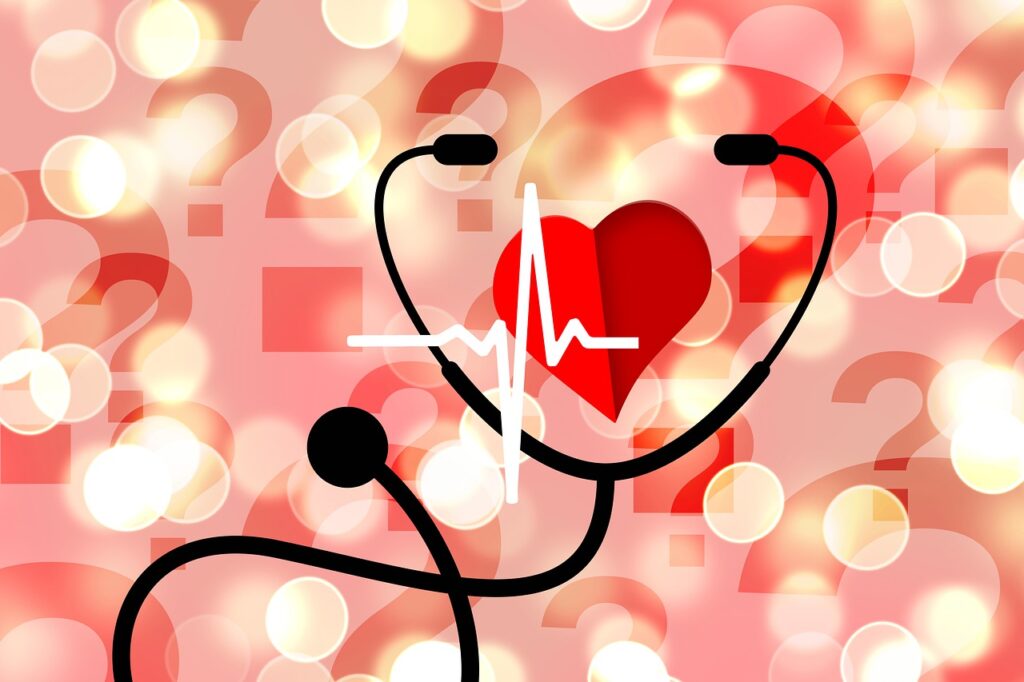February is often associated with hearts because of Valentine’s day but it is also American Heart Health Month. February was declared Heart Health Month in 1963 as a way to advocate for cardiovascular health and raise awareness about heart disease. Read more about heart disease and steps you can take to improve your cardiovascular health.
What is Heart Disease
According to the CDC the term “heart disease” refers to a number of different types of heart conditions. In the United States the most common type of heart disease is coronary artery disease which affects blood flow to the heart and can lead to heart attacks, heart failure, stroke and irregular heartbeat. Other forms of heart disease include, heart failure, heart valve disease, heart muscle disease and abnormal heart rhythms.
What Are the Symptoms of Heart Disease
Early warning signs of heart disease include:
- Chest pain;
- Shortness of breath;
- Swelling in your legs;
- Fatigue; and
- Dizziness, fainting unexpectedly or near-fainting repeatedly.
Other symptoms can include:
- Pain, pressure, heaviness or discomfort in your chest or upper body;
- Neck pain;
- Heartburn or indigestion;
- Exhaustion;
- Shortness of breath;
- Nausea or vomiting; and
- Difficulty sleeping.
5 Facts about Heart Disease
- Heart disease is the leading cause of death for men, women, and people of most racial and ethnic groups in the United States.
- About 697,000 people in the United States died from heart disease in 2020.
- About 20.1 million adults age 20 and older have coronary artery disease (about 7.2%).
- In the United States someone has a heart attack every 40 seconds.
- About 1 in 5 heart attacks are silent – the damage is done, but the person is not aware of it.
What Can You Do To Improve Your Cardiovascular Health
There are some key things you can do to improve your cardiovascular health. These things should become habits that you can maintain overtime to improve your heart health and reduce the risk of heart disease. Here are some the top habits:
- Get enough exercise. The American Heart Association recommends that individuals get about 150 minutes of moderate exercise per week. That’s 20 minutes a day or 30 minutes 5 times a week.
- Quit smoking. There are a lot of benefits to quitting smoking including improved circulation and a reduced risk of some cancers.
- Reduce your alcohol intake. Drinking excess alcohol can worsen health conditions that lead to heart disease such as high blood pressure and high cholesterol.
- Reduce your stress. Stress can compound many heart disease risks and this is especially true for older adults. Find ways to reduce stress each day.
- Get good sleep. Sleep is beneficial for brain functionality, reducing stress, improves your mood and lowers your risk of serious health conditions like heart disease.
How Can You Help Others
More than 350,000 heart attacks occur outside of hospitals each year. The majority of them, 73.4%, occur at home followed by 16% in public settings. If performed immediately, CPR can double or triple the chance of survival of a heart attack that occurs outside of the hospital. Unfortunately, only 40% of those people get the immediate help they need before a professional arrives. A survey by the American Heart Association shows that only half of Americans would perform CPR. The other half either don’t know what to do, feral legal consequences or hurting the victim or think someone else will come to the rescue. You can help by learning CPR and being able to give someone an increased chance of survival if they have a heart attack. You can find a CPR course near you here or take a minute to learn Hands-Only CPR on the American Heart Association website here.

